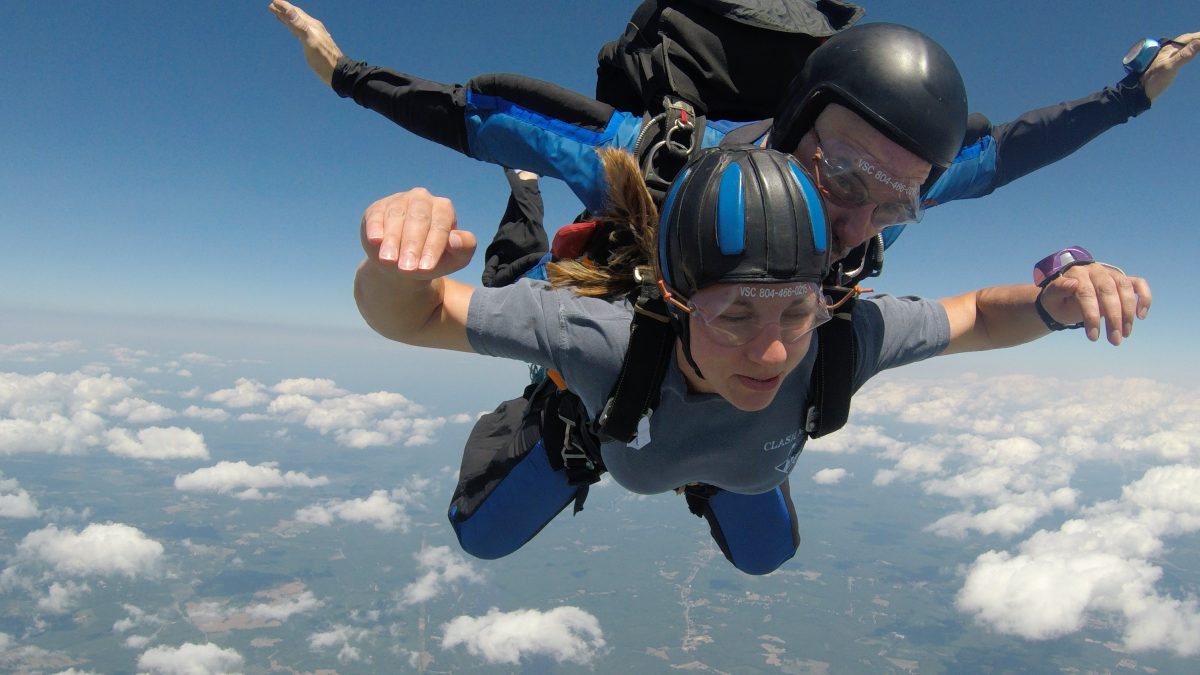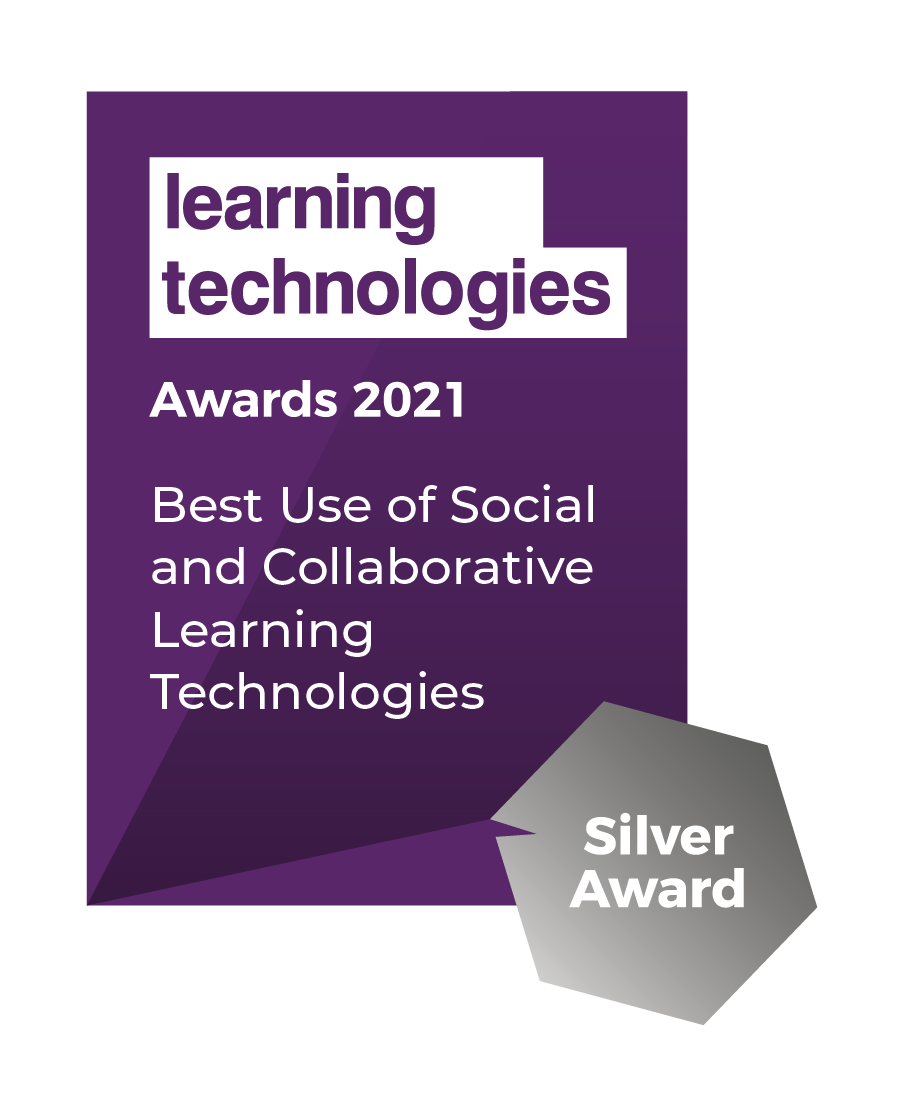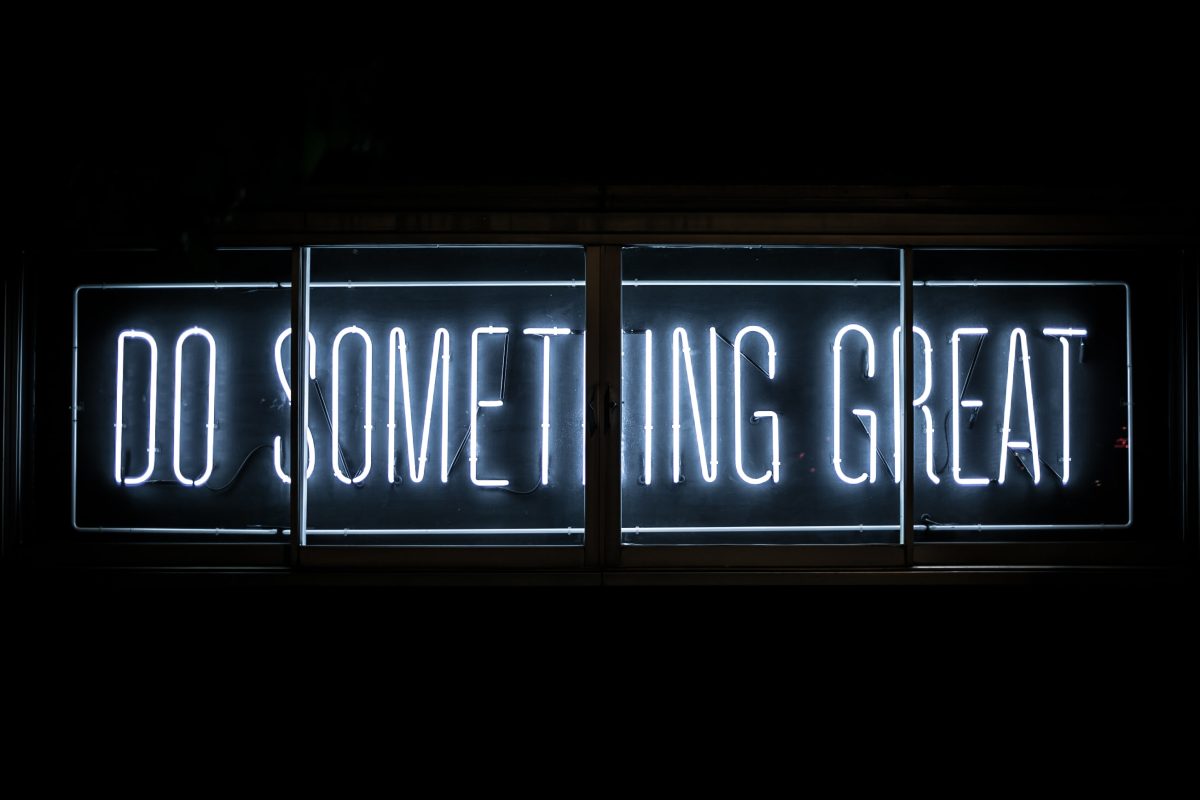Imagine this…
… you’ve volunteered to do a parachute jump. It’s for charity, so it’s all in a good cause.
You turn up on the day, terrified but rationalising that many people do this, it will be fine.
You get a short briefing, watch a safety video and a quick demonstration of how to land, then one of the instructors throws you your chute and says, off you go, get on the plane!

What are you thinking?
Besides the colourful language in your head (or maybe you’re even saying things out loud!) I imagine you’re probably thinking, “is that it? Where’s my training? What if my chute doesn’t open? How do I land when…? Where’s my practice jump? I wanted to have a go at jumping from a reasonable height to test my technique!”;
Undoubtedly you will have loads more questions, and probably a whole host of other thoughts too!
Let’s face it, we only know, and I mean really know, that our people can do what we’ve trained them for when they choose to do the right thing in that moment of truth.
Take the customer service agent that sticks to the rules when the customer just wants that bit of empathy and flexibility.
Take the team member who knows a colleague is stretching the boundaries of acceptability, and they know in their heart of hearts they should say something but choose not to, for fear of repercussion.
Take the new starter who has been trained but still lacks the confidence to take the step and do what is required, only to pause and do nothing for fear of failure.
Brené Brown, author of Dare to Lead, asks how can you expect your people to jump if you don’t teach them how to land first?
On reading this, I realised that this is precisely where ‘What Would You Do?’ fits into someone’s development journey; it creates a safe space where peers can learn to jump and land in a safe space. First, they get to test their theories and assumptions, surface issues and unhelpful thoughts with their colleagues. Then, through sharing experiences, they work together to create a shared pool of meaning and understanding, which prepares them for the ‘jump’ when they handle those moments of truth that define your organisation.
‘What Would You Do?’ is a social learning experience for groups to come together to discuss moments of truth and test and explore how they would handle a given situation. Each session is facilitated, group coaching if you will, where the group calibrate to a shared understanding of what it means to do the right thing and what ‘good’ looks like.
It’s no wonder why this has proved to be an award-winning tool and has served organisations to deliver in four distinct ways:
Embedding new rules and levelling up behaviours
A leading financial services organisation positively moved their cultural needle across four out of five areas, including trust, collaboration, inclusion, and involvement in just three months!
Their regulator tasked them to level up their understanding and application of conduct rules across 1,500 people. We worked with them to create a suite of content that they could use to teach their people to land in a safe space.
The feedback was terrific, with 100% of people who took part (98% of the total workforce were involved in sessions) reporting they felt better able to apply the rules in their job. The feedback from the regulator was very positive too.
Embedding company values to build a stronger organisation
A leading pharmaceutical business engaged with us to embed their new company values across their EMEA region. The goal was to bring the values to life and explore living them in the wide and varied divisions and departments. The solution was customised, aligned to their values, and adopted internally by the learning team to facilitate cross-functional groups.
Again, the feedback was remarkable for both the process, which teaches people how to land, safely exploring assumptions, testing courses of action, and working through potential consequences in the safety backdrop of ‘what if’.
Embedding new skills to prepare the next generation
A top-four, professional services firm adopted ‘What Would You Do?’ for their annual development session. One hundred apprentices were brought together for a day-long, online session purposefully designed to be very interactive. Included in the day was an escape room experience, among many other activities and workshops. ‘What Would You Do?’ was woven into the day to provide a space where apprentices could safely test their knowledge across topics such as business skills, wellbeing, social styles and inclusion.
The feedback was extremely positive; the apprentices really valued the opportunity to discuss and apply their learning in a practical context. In addition, they were able to test and explore, giving them greater confidence going back into the workplace. As a result, the apprentices felt better prepared in their role.
Building knowledge, testing understanding and values-based education to create winning behaviours
A leading sporting body approached us to see how ‘What Would You Do?’ could help elite athletes avoid the daily traps they face with what to eat and drink and how to train. They need to be on constant alert as to what is safe to consume.
How can they be sure of the proper process to follow in any given situation? What are their rights? Both of these challenges are further complicated if they are competing overseas.
Failure to comply or do the right thing can affect themselves and their teammates. For some, there’s the prospect of losing their medal if they make a wrong choice, however unintentional.
The organisation is building on its values-based education programme and want to engage athletes in a new and interactive way. ‘What Would You Do?’ enables athletes to engage with other athletes and explore and test ‘what if’ against typical situations they face all the time. They can test understanding, surface issues, concerns and play out situations against the practical challenges they face.
Every athlete needs to focus as they work towards and prepare for major events without fearing they could fall foul of application of or changes in the rules. They face personal challenges and moments of truth all the time; they may see others testing the boundaries of what is allowed, which brings enormous consequences for the sport and its broader perception.
So, we’ve found four different ways ‘What Would You Do?’ can support organisations to deliver results and engage their people. And each time, we’ve taken the social learning concept and adapted it to meet specific needs with great success. So, how many more might we find? Well, we don’t know, but we’re confident there will be more, and we’re excited about finding them!
‘What Would You Do?’ is about teaching people to land before they step onto the plane for real. It’s about taking knowledge and embedding it through reflective learning. ‘What Would You Do?’ creates psychological safety, which removes the fear when testing understanding, exploring ‘what if’, and assessing the consequences of a given course of action. This means your people are better prepared for the situation when it presents itself.
Discover more at www.wwyd.games




